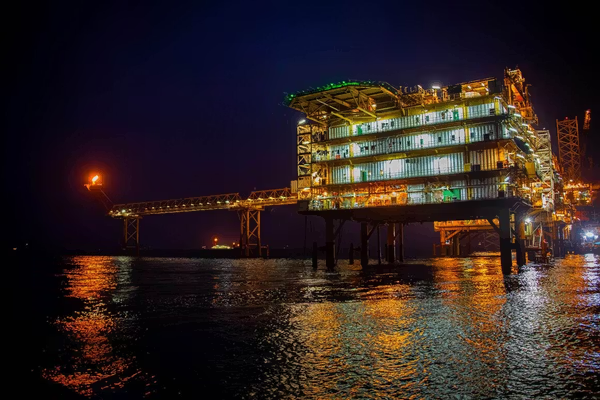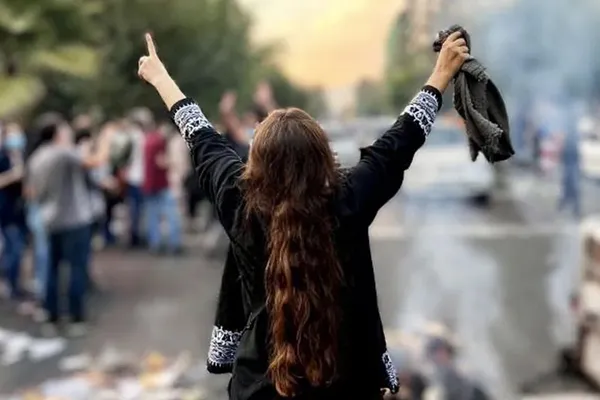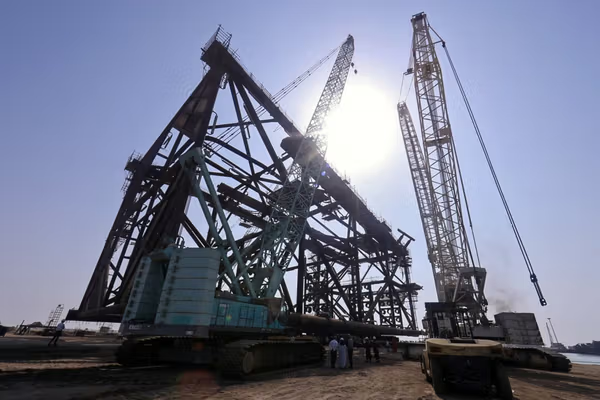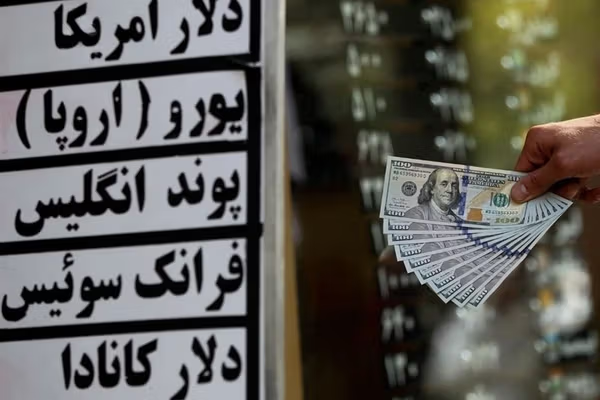
Gas-rich but power-poor: Iran risks 'terrifying' shortfall by 2040
Iran’s gas deficit will double in the next 15 years, reaching “terrifying” heights, a senior advisor to the president has warned.

Iran’s gas deficit will double in the next 15 years, reaching “terrifying” heights, a senior advisor to the president has warned.

Three years after the killing of Mahsa "Jina" Amini in the custody of Iran’s morality police, and in the shadow of the Islamic Republic’s recent 12-day war with Israel, the outlines of a durable social transformation are clear.
The United Nations fact-finding mission on Iran, created after mass protests were crushed in 2022, has emerged as a rare instrument of accountability whose survival now rests on the political and financial will of the international community.
More than any other act in the post-October 7, 2023 world, the Israeli airstrike on a busy residential neighborhood of Doha on Tuesday has the potential to upend prevailing assumptions on Persian Gulf security.

Tehran’s optimism about fresh Chinese and Russian investment may be more aspirational than realistic.

Tuesday’s strike on the leadership of the Iran-backed Palestinian group Hamas in Doha aims to intimidate Tehran but also sows unease among Arab states, Israeli and American experts told Iran International.

Facing a grinding crisis and mounting calls at home to change course before disaster strikes, Iran’s rulers still speak in a language that suggests they prefer the risks of war to the uncertainties of reform.

A proposal to return control of Iran’s nuclear negotiations to the Supreme National Security Council (SNSC) has highlighted the growing influence of its new chief, Ali Larijani—and a potential readjustment of Tehran’s negotiation strategy as UN sanctions loom.

Tehran risks sliding back into comprehensive multilateral isolation by the end of September, with the deadline for the return of UN sanctions fast approaching and Washington mulling restrictions on Iranian officials at this month’s General Assembly

Tehran’s sharpening nuclear clash with the West and embrace of Beijing and Moscow have brought it to a crossroads, where choices this month may decide the future of Iran’s rulers and the ruled.

Tehran’s approach to diplomacy may be best summed up by a Persian phrase: refusing with one hand and accepting with the other. But does the moribund economy show that the equivocating strategy has finally run out of road?

Iran has once again floated the idea of replacing the US dollar with local currencies in trade with its partners, but so far the push has gone nowhere.

New lows once unthinkable in Iran—from assassinations of senior officials to the gutting of air defenses—have already been plumbed, yet Tehran’s rulers remain impervious to these new realities, inviting the prospect of an even harsher reckoning.

Iran is passing off its crude oil as Iraqi exports to evade US sanctions, according to new evidence that contradicts Baghdad’s denials.

A day after three European states triggered a UN mechanism that reimposes international sanctions on Iran, the move appeared to wrongfoot Tehran's establishment despite months of warnings.

Iranian President Masoud Pezeshkian visited Belarus this week, a heavily sanctioned Russian ally, in a trip that highlighted how Tehran’s “Look East” strategy ties it more closely to Moscow and Beijing and their sanctioned partners.

A reformist call to suspend uranium enrichment, release political prisoners, and curb the Revolutionary Guards’ power has intensified debate over Iran’s future at a moment of heightened pressure.

Iran may be heading into even greater financial strain as fresh data points to a worsening outlook for global oil markets, threatening the country’s most vital source of revenue.

With the supreme leader’s retreat from view since the 12-Day War with Israel, Iran’s Revolutionary Guards (IRGC) appear to have taken on his role as political disciplinarian, nudging senior figures to keep their feuds out of public view.

The latest round of US sanctions imposed on Iran mark a shift in Washington’s strategy, moving beyond conventional financial limits to target the intertwined financial and digital networks that sustain Tehran’s economy and political control.

Ali Larijani’s tour of Iraq and Lebanon a few weeks after his Russia visit underscores his re-emergence as a trusted envoy and crisis manager tasked with shoring up Tehran’s defences in the twilight of supreme leader Ali Khamenei’s rule.

While China keeps buying discounted oil from Iran and Russia, it is steering new investments and trade routes toward their competitors, official Chinese data reveals.